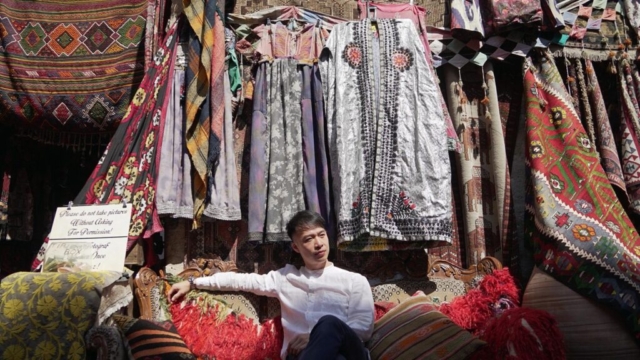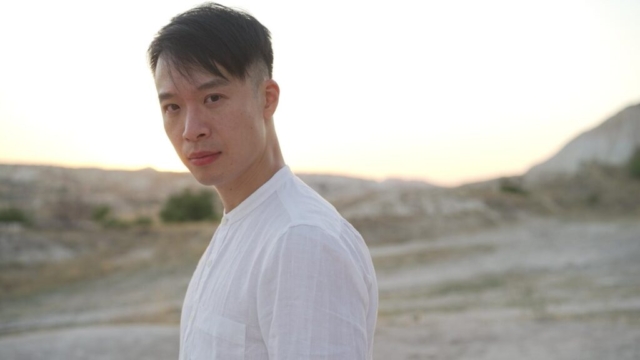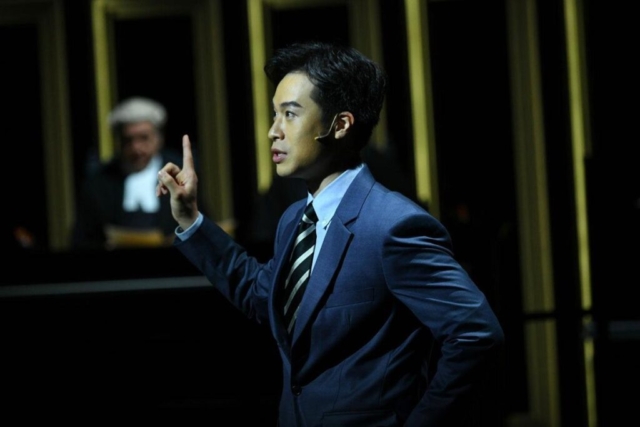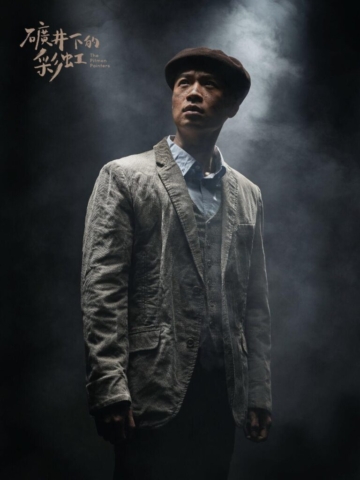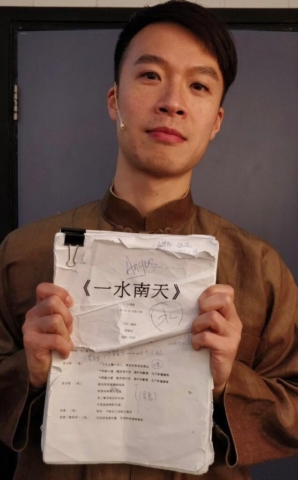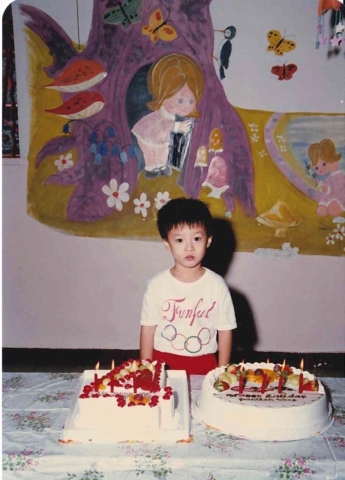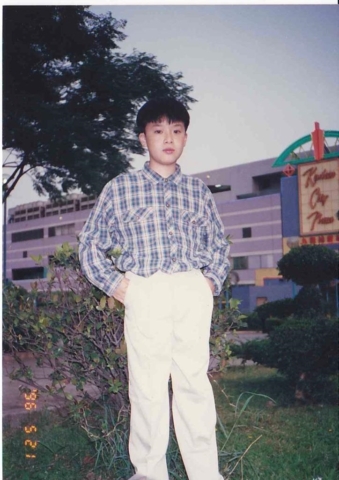02-02-20
Opinion is a confession of character. Some listen too much to opinions and forget who they are. Some, while expressing an opinion, also live up to their own views and thus drive themselves to be a better person. I enjoy opinions. Most may not be inspiring but they do stimulate, getting me to think of something else. I dislike talking or texting on the phone. A face-to-face conversation is the most enjoyable thing as opinions, perhaps gossips too, can be more comprehensive.
The important American singer-songwriter Taylor Swift has recently become a sort of simulacrum of broader political and social issues such as white womanhood, exploitation, empowerment in a sexist industry and allyship. She openly flexed her voice that women may choose not to be beautiful and they should not be objects of the gaze. Internet and social media now permit people in the performing and entertainment industries to have an ongoing conversation with the fans and share their opinions.
In Hong Kong, there is such a trend too. Artists and performers have become vocal advocate of reforms, for things around themselves and in our community. A promising young stage actor Angus Chan is no exception. We had a coffee break. Science can never come up with a better human communication system than coffee time. It was in the middle of the afternoon and the skies were cloudless blue. Angus told me in a light-hearted way his opinions on how Hong Kong can take drama more seriously.
Angus said, “Drama should be treated more seriously in schools as a useful means of education. Students are often told to memorize a passage but memorizing is hard and dry. Drama can be playfully used for 7 educational purposes and the students will enjoy very much. Students may turn a novel into a play. It can become a literature review. You may also ask them to discuss the moral values of the story. They may enunciate their expressibility by commenting freely on the characters. A teacher can lead them to study the social background of a story, for example, the relationship of Venice and the Jews in The Merchant of Venice. You can encourage creativity too. You can request students to present a play in an imaginative way. Drama is also life education. You can facilitate students to understand themselves and realize their spiritual growth through the story and characters. Finally, drama is a group activity on teamwork and through teamwork, students learn to respect others.”
I agreed, “Who else should take drama seriously?” Angus added, “Naturally, it must be theatre practitioners. To be of good quality, we have to get away from mediocrity. If a stage actor is too complacent or apathetic, his development will be stuck in a bog of stagnant spongy soil. When we do not work hard enough, the audience in Hong Kong will be disappointed and may run away.”
Angus was honest, “Some businessmen in Hong Kong are not respected because they neglect their social responsibility. One of such responsibilities is to promote art and culture so that Hong Kong can become a more spiritually beautiful place. Business is not great business when it is done in an environment where cultural and social harmony does not exist. They should support art activities like what the businessmen do in other cities.”
I support Angus. Successful people have a moral duty to make Hong Kong a better home and not just take from it. Angus finished our conversation with one more opinion. He said, “In Hong Kong, the lack of performing space is always a problem for us. We like the intimacy of small venues. Everyone is packed so close. There is great energy in a black box theatre. Sadly, it is very difficult to find a performance venue and the situation of long queuing is discouraging.”
I explained, “Hong Kong is a tiny city but super densely-populated. We are all scrambling for a little more space and the problem is actually at all levels and in all sectors. Government may want to build more theatres but that will be at the expense of housing needs.”
Money and soul are both reactions to hunger for a better life. Businessmen want your money and artists want your soul. I make friends with artists because they remain soulmates even though no money is for an exchange. Angus has known me since 2007 and I guess for the above reason, we, as mentor and mentee, are happy with what we have while we persistently pursue all that money cannot buy and opinions may not realize.
This article can also be found at the following sites:





